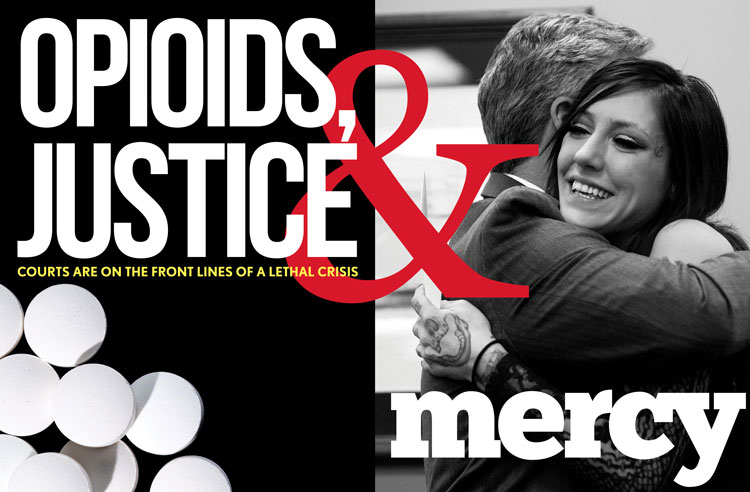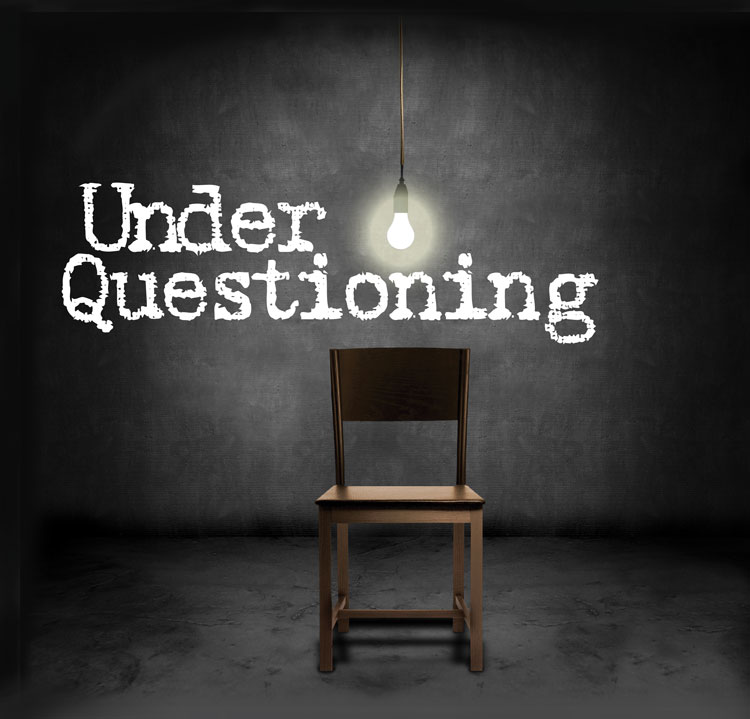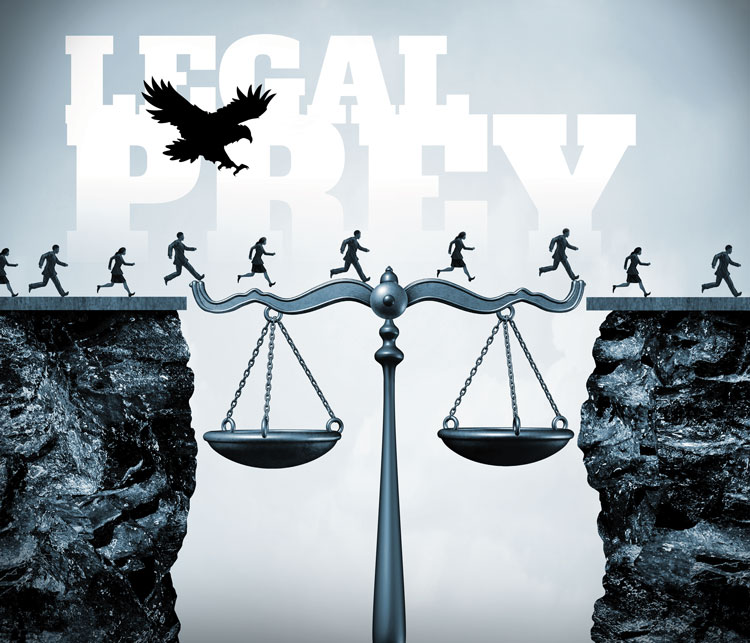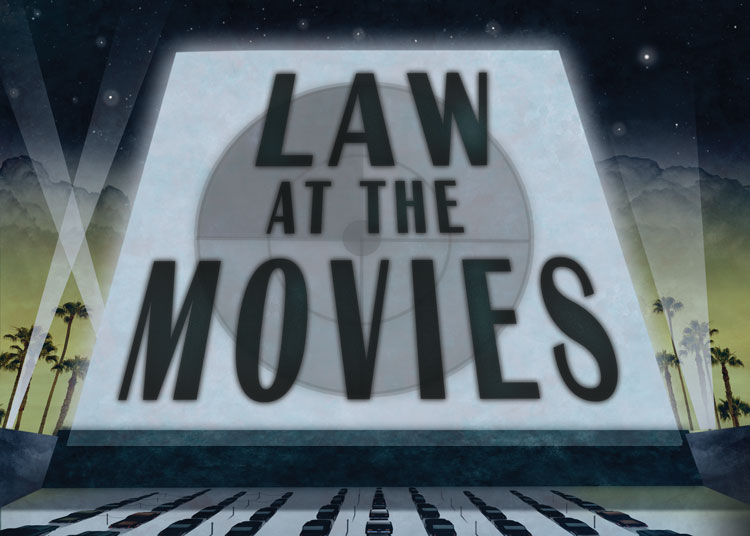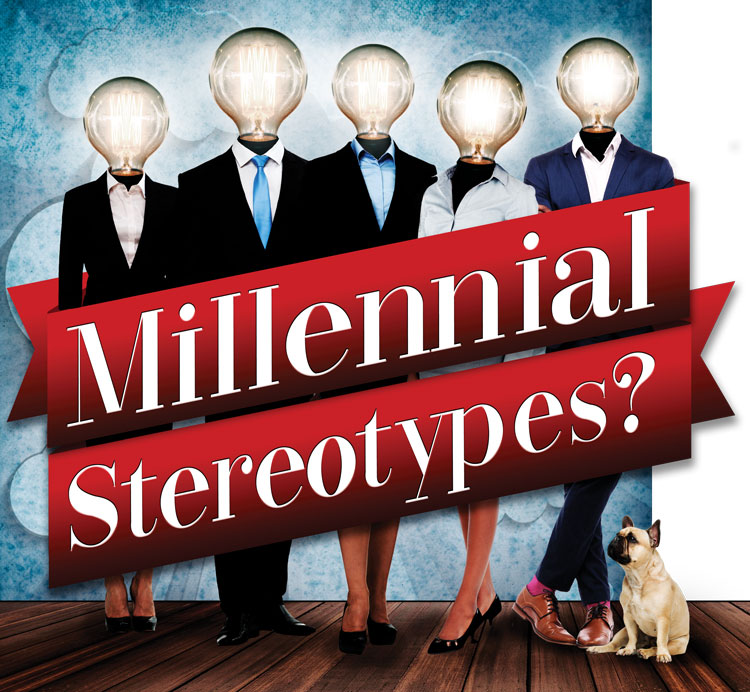Relax with our favorite long reads of 2018
Throughout the year, the ABA Journal publishes in-depth features on the business of the legal profession, developments in the law, lives that have been impacted by the justice system, and the ways pop culture influences—and is influenced by—the law. What follows are some of our favorite features from 2018.
Some are on serious topics, like how courts are dealing with the opioid crisis and how unscrupulous notarios are taking advantage of panicked people in need of immigration legal services. Others are lighter, like the top 25 greatest legal movies and an explanation of why you can buy a bobblehead of Justice Ruth Bader Ginsburg. We hope you enjoy curling up with these long reads.
Opioids, justice & mercy: Courts are on the front lines of a lethal crisis, by Liane Jackson
It’s not every day that a criminal defendant hugs a judge. But in courts across the country, these are unusual times.
A judicial embrace is a hard-won moment of congratulations for people with addictions graduating from the Cuyahoga County Drug Court in Cleveland. After more than a year in the diversion program—battling addictions, fighting demons and reclaiming life—hugs and tears are inevitable as participants cross a sobriety threshold most never thought possible.
“It’s been an absolute ride, this drug court,” said one new graduate. “I was always a quitter, and today I choose to be a fighter. If you have the will, you can overcome anything.”
The cycle of overdose, arrest, jail and rehab has been difficult to crack as the opioid crisis scales up and out, consuming communities. But court diversion programs such as the one helmed by Judge David Matia are expanding, and the arbiter behind the bench has increasingly become an advocate on the sidelines. Local courts are pivoting from crime and punishment to carrot-and-stick—using more humane, interventional approaches to deal with the defendants with addictions who are overwhelming their dockets. Read more »
The Chicago police legacy of extracting false confessions is costing the city millions, by Kevin Davis
Once again, the city is on the defensive, accused of allowing detectives to obtain false confessions through bullying and intimidation, an allegation that’s hardly new for Chicago. But it continues to haunt the city—while taxpayers foot the bills for misdeeds of the past. Peter Neufeld, co-founder of the Innocence Project in New York City, appeared on 60 Minutes in 2012, calling Chicago the capital of false confessions.
“Quite simply, what Cooperstown is to baseball Chicago is to false confessions,” he said. “It is the hall of fame.”
Six years later, little has changed. Of the 29 wrongful conviction rulings involving false confessions in the United States in 2017, 13 were in Cook County, where the court system covers Chicago, according to the National Registry of Exonerations. Of the more than 260 false confession cases recorded since the registry began counting in 1989, about 25 percent have come from Cook County. Read more »
Increased enforcement of immigration laws raises scam risk, by Lorelei Laird
Fraud targeting immigrants did not begin with the Trump administration; advocates say it’s constant and pervasive. But the administration’s aggressive approach to immigration law enforcement is driving up interest in legal services, they say. And some subset of those immigrants looking for help will end up trusting the wrong people.
“I think always when people are afraid, they may go out looking to see if there’s anything they can do about their case,” says Camille Mackler, director of immigration legal policy for the New York Immigration Coalition. “There are more people who are going to try to prey on that.” Read more »
Justice, mercy and redemption: Bryan Stevenson’s death row advocacy, by Darlene Ricker
There’s a saying in the criminal defense bar: There’s nothing more frightening than having an innocent client.
Judging by that standard, you’d think Bryan Stevenson must have been scared out of his wits for the last three decades—but no. It takes a lot to rattle the Harvard-educated attorney, 58, who has won relief for more than 125 people on death row. Success has meant getting a new trial, a reduced sentence or, best of all, complete exoneration. In the latter case the client walks out of prison, sometimes after decades of incarceration, for a crime they did not commit. Invariably they find Stevenson waiting outside the prison gate with arms outstretched. Read more »
Justice Ruth Bader Ginsburg has become an unlikely pop culture icon, by Stephanie Francis Ward
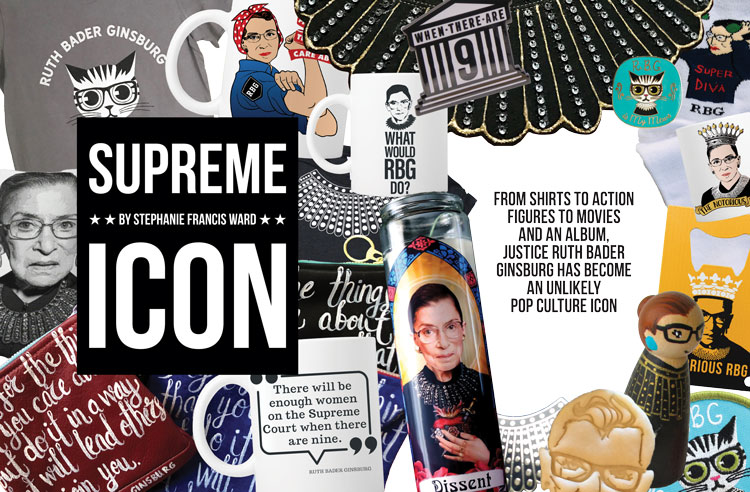
Photos by Monique Karlov, Foxy Mug, Squirrel Den Studio, Brittney Boe, Dissentpins.com, Sudie’s Corner, Jittermug, Kateen Thiry, Starkleshop, Abbie Briggs, Turnerandpoochco.etsy.com, Maggie Stern, The Eternal Flame.
There is a music album inspired by her life story. There are websites and memes that celebrate her jurisprudence, her fiery dissents and her dedication to civil rights, gender equality and social justice. There’s even a recent documentary and a Hollywood film chronicling her long and storied career as a litigator fighting on behalf of gender equality.
That tireless devotion to doing what she believes is right is one reason why Ginsburg has emerged as an unlikely pop culture icon. Justice Ruth Bader Ginsburg, who became only the second woman to serve on the U.S. Supreme Court when she was appointed by President Bill Clinton in 1993, has built a career overcoming the odds. Prior to becoming a federal judge, she argued six gender discrimination cases before the high court, winning five. Much like her celebrated predecessor on the Supreme Court, Justice Thurgood Marshall, Ginsburg’s litigation success and subsequent judicial career has led to her being perceived as a civil rights icon. That she has crossed over into the mainstream says a lot about where this country is today, as well as what kind of heroes people are looking for. Read more »
The 25 greatest legal movies, by Kevin Davis
Ten years ago, the ABA Journal published a cover story called “The 25 Greatest Legal Movies,” a roster of top-notch legal-themed films drawn from a panel of judges that included lawyers, law professors and, yes, an actual judge. We wanted to update the list this year and decided to broaden the scope to consider films that tell stories outside the typical courtroom drama—films that examine how the legal system intersects with our lives in different ways. Read more »
Millennial lawyers are forging their own paths—and it’s wrong to call them lazy, by Kate Rockwood
As younger attorneys flood the workforce and begin replacing the retiring baby boomer ranks, even the most conservative law firms are realizing the need to reshape corporate culture and embrace millennials’ tech-savvy, self-confident and flexible point of view. Older lawyers are realizing that younger attorneys won’t accept the rigid hierarchies and old-fashioned processes that defined their own careers. At the same time, millennials also won’t receive the same mind-boggling hourly rates that clients formerly paid without batting an eye. With all these changes, experts say firms may need to invest time and resources in helping a multigenerational workforce interact effectively. Read more »

